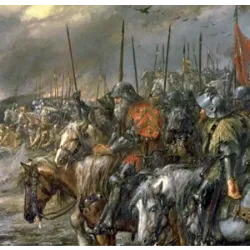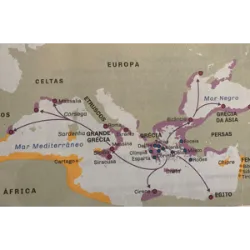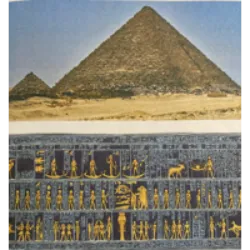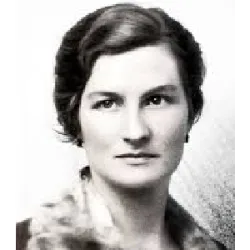The Hundred Years' War (1337-1453)

The Hundred Years' War, fought between England and France from 1337 to 1453, was one of the longest-running conflicts in medieval history. The main causes of the conflict were disputes over control of territories, such as Guyenne, and issues related to the succession to the French throne after the death of King Charles IV. Over time, the war involved a struggle for dynastic power, as well as a series of military confrontations and political alliances.
The conflict was characterized by alternating victories and defeats for both sides. However, the final victory of France, led by figures such as Joan of Arc, marked the weakening of the feudal nobility, whose private armies no longer had the same military strength. On the other hand, King Charles VII managed to consolidate a more centralized and stronger monarchy, financed by taxes and supported by a standing army.
The French victory also symbolized the transition from feudal power to the formation of centralized nation-states and the strengthening of monarchies. This event had a major impact on the political and social structures of medieval Europe, bringing about the end of the Middle Ages and paving the way for the development of the Modern Age.
Did you know?












